Check for expiry and best-before dates. Don’t buy foods past the expiry date. Expiry dates are specific to perishable items, especially those that may pose health risks if consumed after the date. Consuming foods past their expiry date can lead to foodborne illnesses. Best-before dates provide information on freshness and the potential shelf life of foods. […]
Contemplator QA Post Category: Food and Nutrition
How can I safely cook and store food? What’s cross-contamination and how can I prevent it?
Germs can’t rapidly grow at temperatures that are too cold or hot. Maintaining proper cooking and storage temperatures is important to minimize the risk of foodborne illness. Here are some guidelines to follow: Use a clean meat thermometer to make sure that foods are cooked to a safe temperature. Safe cooking temperatures can be found here. […]
What is a foodborne illness? What are the symptoms of food poisoning?
A foodborne illness occurs when harmful germs, such as bacteria, parasites, or viruses, contaminate the food that you eat, making you sick. These germs may get into food when it’s prepared, processed, or if it’s washed with contaminated water. There are two ways that foodborne illnesses occur: Foodborne infection: Consuming food containing harmful germs, such […]
Why is safe food handling important when I’m trying to become pregnant?
Foodborne illnesses can impact you and your developing baby during pregnancy. Your ability to fight off infections is decreased when you’re pregnant, making you more vulnerable to foodborne illness. When in doubt, throw it out. If you’re not sure if a food is safe, don’t eat it. Practicing safe food handling, such as thoroughly and […]
What about caffeine?
Caffeine is found in coffee and coffee-based drinks, tea, soft drinks, energy drinks and some foods like chocolate. Too much caffeine can have a negative effect on your health. People planning to become pregnant should limit their caffeine intake to 300 mg per day. That’s about 2 cups (500 ml) of coffee. Other adults should […]
What drinks and fluids should I choose?
Fluids help you digest your food and move nutrients around your body. The fluid you drink also helps carry waste out of your body. Most adults should try to take in about 9-12 cups (2.25-3 litres) of fluid a day. This includes all beverages, soups, coffee, tea and the water that is part of foods […]
How can I improve my eating habits?
Setting personal goals can help you improve your eating habits. Visit Healthy Eating Starts Here for tips and resources on healthy eating. Focus on small changes that can help you meet your nutrition needs for a future pregnancy. Making healthy eating habits part of your everyday life can make it easier for you to continue them throughout […]
Why is healthy eating important for me right now?
You can help support your health and the health of your baby by eating well before you become pregnant. During pregnancy, your body will need more nutrients. You can get ready right now by choosing a variety of food from Canada’s food guide each day. Folic acid is important in the very early weeks of […]
How do I know if my eating habits are healthy and well-balanced?
Following Canada’s food guide will help you have a healthy, well-balanced pattern of eating. Choose a variety of foods from Canada’s food guide: Have plenty of vegetables and fruits with your meals and snacks, choose whole grain foods, eat a variety of protein foods (including plant-based protein foods), make water your drink of choice. Canada’s […]



